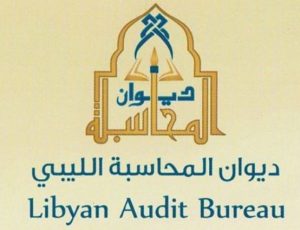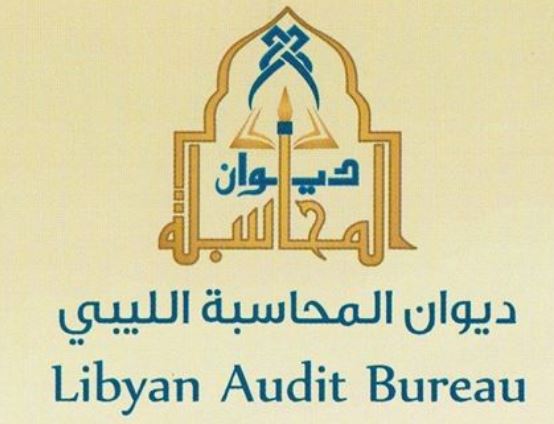By Sami Zaptia.

London, 23 June 2020:
In a rare example of transparency and accountability, the head of the Tripoli based Libyan Audit Bureau, Mohamed Shakshak, made a presentation last Tuesday (16 June) to the breakaway Libyan parliament – the House of Representatives (HoR) – in Tripoli.
His report typifies the accountability vacuum that Libya suffers with all state entities that are accountable to parliament (HoR) working in a vacuum. This has led to much conflict between the Tripoli based Libyan government, the Tripoli based Central Bank of Libya (CBL) and the Tripoli based Audit Bureau.
With no properly functioning elected sovereign parliament to hold them accountable and act as referee and decide where their powers start and end, the three bodies have been at loggerheads for years over spheres of influence and authority.
GECOL and power generation
On Libya’s huge power generation deficit since the 2011 revolution, the Audit Bureau head blamed the General Electricity Company of Libya GECOL, Central Bank of Libya (CBL) and government advisors.
Shakshak accused Libya’s state electricity company, GECOL, of serious mismanagement that has contributed to Libya’s chronic electricity shortage. He specifically accused it of wasting LD 3 bn in new construction contracts for new power stations of which he said not even one percent had been implemented.
He said GECOL insisted on signing new electricity generation contracts instead of following the report that recommended spending money on maintenance of existing power plants. Spending money on maintenance would have been much more cost efficient, he said, and insisted this is still the case now.
Shakshak said that with better power plant maintenance and better management GECOL could have generated another 2,000 MW of power to take Libya’s generation from 5,000 MW to 7,000 MW. This would have made up much of the power generation deficit that has continued to cause acute power cuts often of 6,8 and 12 hours per day.
The head of the Audit Bureau said that his entity then gets publicly blamed and scapegoated in a media campaign for the chronic power cuts by its blocking of contracts – and is therefore forced to yield to spending demands it is not convinced of.
Furthermore, the problem with signing new construction contracts is that the Libyan state is now still financially committed to these contracts – contracts that have not implemented and that have failed to solve the country’s electricity shortage.
Delays by the CBL in opening electricity LCs
Shakshak also blamed the Tripoli CBL for delays in the opening of letters of credit (LCs) to pay for the import of spare parts needed for vital maintenance of power stations. The tug-of-war between the Audit Bureau has been a permanent feature of post Qaddafi Libya as both vie for the role of the custodian of Libya’s public wealth – in the absence of regular elections and a functioning, accountable parliament.
The role of unaccountable government advisors
Finally, with regards to the electricity sector, Shakshak also blamed ‘‘unaccountable’’ government advisors for taking decisions regarding which LCs are opened and which are not by the CBL. However, all this is done in a non-transparent and non-accountable manner whereby these advisors are not then held publicly accountable for their decisions, he lamented.
https://www.libyaherald.com/2020/06/23/corruption-in-libyas-health-sector-and-subsidised-state-medical-purchasing-arm-the-medical-supply-organization-mso-worse-than-that-in-subsidised-fuel-audit-bureau/
https://www.libyaherald.com/2020/06/17/audit-bureau-refers-its-senior-official-to-public-prosecutors-office-for-suspected-corruption-with-a-state-entity/










